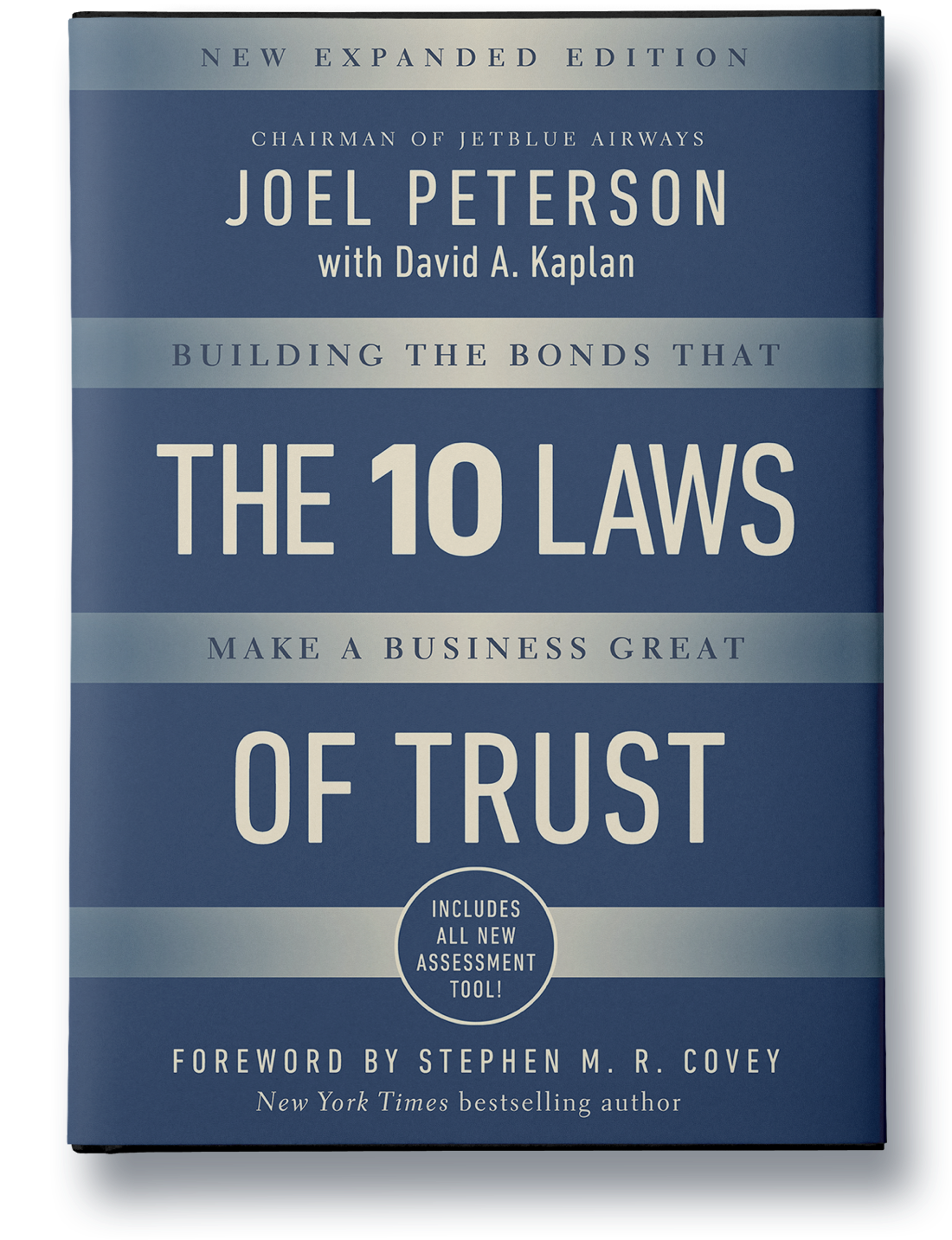Management guru Peter Drucker once observed, “Culture eats strategy for breakfast.” Since values are at the heart of any culture, what does it mean to have “cancellation” as a value?
I am especially troubled to see the current trend of cancellation in our colleges, where I believe open examination of ideas to be a central purpose of higher education. From my perch, it does not bode well to have colleges ban words and cancel those with dissenting views.
Given the status of civil discourse on campus, I recommend two simple steps to begin the renewal of America’s formerly open and increasingly diverse culture:
Condemn identity politics
To make progress, we need politicians, executives, students and university administrators who understand that identity politics take us backward. We need to commit to the realization that character and competence matter more than any superficial identity marker.
I recall in 2014 Mike Wallace asking Academy Award winner Morgan Freeman how to get rid of racism. Freeman replied bluntly, “Stop talking about it! I’m going to stop calling you a white man and I’m going to ask you to stop calling me a Black man.”
I think there is profound truth in his response. I have tried to support minority entrepreneurs, sponsor independent projects led by minority students, and promote leaders from every ethnicity, gender and identity — not because of pressure, quotas or accusations, but because, when looking for talent, I simply didn’t focus on race, gender or creed. We have a long way to go as a society, and I understand the impatience with our progress, but we have to do what works in the long term.
Protect free speech
Another important step in ridding campus of the toxic polemics that undergird today’s cancel culture is to join with the 80-plus institutions of higher learning that have endorsed the University of Chicago’s “Statement on Faculty, Free Expression, and Diversity.” In Chicago, faculty are assured that they are “free to agree or disagree … without being subject to discipline, reprimand or other form of punishment.” University administrators even promise they “will continue to defend vigorously any faculty member’s right to publish and discuss his or her ideas (including on ‘issues of diversity’).”
Such baby steps represent little more than guardrails within which we may begin to operate as mature citizens. They offer a framework for developing a more durable answer to social unrest, one that must eventually reside in the hearts of each individual member of society. But, until then, such guardrails may help us to find limits on the compulsory instincts of “wokeism.”
The politics of fear and retribution, of silencing and name-calling, and of assumption and stereotyping must be replaced with an equality of opportunity, a diversity of ideas and a shared gratitude for America’s uniquely open culture.
Lest America become like many societies mired in nurturing generations-old wounds, its quest for e pluribus unum demands that all leaders call on forgiveness, love and acceptance to prevail over retribution, envy and grievance.
In business, we call this being another’s fiduciary; in religion, being our brother’s keeper; and, in politics, ensuring that every citizen, without regard to race or creed, be treated equally under the law.
It is time to allow such a culture to eat for breakfast the current malaise being fueled on college campuses.
Joel Peterson is the author of “Entrepreneurial Leadership: The Art of Launching New Ventures, Inspiring Others, and Running Stuff,” the Robert L. Joss professor of management and the former chairman of JetBlue Airways.


